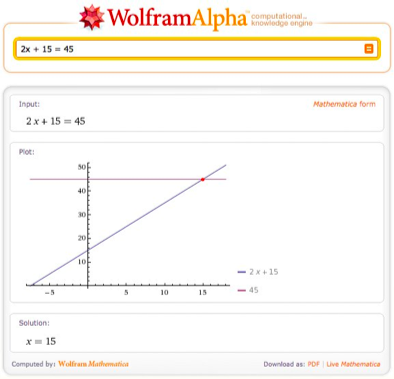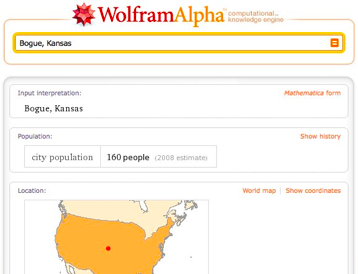10 Practically Fun Math Games and Activities for Your Preteen
Math is the universal language and affects almost every facet of life. Reinforcing your preteen's
math skills with practical exercises and activities enhances proficiency and boosts self-esteem in
a fun and engaging manner.
From fractions to decimals to geometry and measurements, simple games and activities can
incorporate every basic math skill, building a solid platform for life.
Below is a list of 10 games and activities that either inherently use mathematics or can easily be
adapted to stress math applications, sometimes without your child knowing they're learning!
Primarily indoor math activities include:
1. Math folding: Origami
Because it is an exacting activity that entails precise shapes and proportions, origami is a prime
activity that enhances geometry. Triangles, squares, rectangles and more are inherent in the
activity; origami would simply be a crumpled wad of paper without geometry.
2. Math for fashion: Sewing
The primary math application involved in sewing is measuring. Checking length and size of the
material is imperative in this activity. Additional benefits involved in sewing include patience,
small motor coordination, and attention to detail.
3. Building math: Fort Building
Geometry leads the math skills enhanced by fort building for many of the same reasons as
sewing. Measuring length, shape and angle of the wood and other material is absolutely required
as well and involves both whole numbers and fractions. Additional skills include hand-eye
coordination and large motor coordination.
4. Crafty math: BeadingThis arts and crafts activity entails making jewelry, decorating clothing
and accessories as well as creating artwork. Recognizing and creating geometric and other
patterns, counting and measuring lengths are the basic math skills reinforced. Small motor skills
are also reinforced in this popular pastime that can appeal to both boys and girls.
5. Puzzling math: Tangrams
A Chinese puzzle gaining in popularity, tangrams incorporate geometry as its math-oriented
skill. The pieces form a square that involves five triangles, a square and a rhomboid. The pieces
can be rearranged or combined to create a wide variety of other shapes, limited only by a child's
imagination and pieces availability. Allpuzzles in general incorporate both geometry and basic
counting skills.
6. Competitive math: Board Games
Every board game requires at least a rudimentary ability to count, add or subtract. If it's a
purchase game, use of play money enhances counting and possibly multiplication and division in
addition to addition and subtraction.
7. Sharp card math: Card Games
Counting, addition, subtraction and geometry are the top math-related skills utilized and
reinforced in any card game a child likes. Having the right number of cards to recognizing card
suits and card hierarchy use several math skills that children need.
8. Tasty math: Baking
Volume measurement, weights and counting are the primary math skills involved in baking.
Knowing the difference between a liquid ounce and a weight ounce, for instance, is a
supplementary math skill that also plays an important part in baking and cooking in general.
Outdoor math games and activities include:
9. Jumping math: Hopscotch
This game enhances and reinforces a child's geometric acuity. The game sketch includes
squares, triangles and circles or arcs. Proportions and distance judgment are equally utilized as
well. A tremendous non-math benefit of this game is that it's terrific exercise.
10. Hit the goal math: Football
Football utilizes the math skills of distance and length measurements and counting. From
determining yardage and number of players on the field, football cannot be played without using
math. Shapes, sizes, amounts, sequences, and spaces, mathematics is a crucial field to know. Too
few children enjoy learning and especially learning math. Whenever parents can maximize
exposure to and utilization of a child's math skills, the child benefits, and the child's world
expands. Use these and additional games and activities to enhance your child's math skills
whenever possible.



